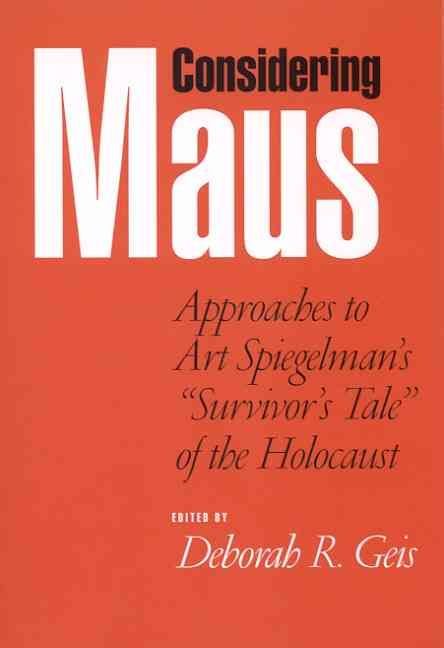The first collection of critical essays on Maus, the searing account of one Holocaust survivor’s experiences rendered in comic book form. In 1992, Art Spiegelmans two-volume illustrated work Maus: A Survivor’s Tale was awarded a special-category Pulitzer Prize. In a comic book form, Spiegelman tells the gripping, heart-rending story of his father’s experiences in the Holocaust. The book renders in stark clarity the trials Spiegelman’s father endured as a Jewish refugee in the ghettos and concentration camps of Poland during World War II, his American life following his immigration to New York, and the author’s own troubled sense of self as he grapples with his father’s history. Mixing autobiography, biography, and oral history in the comic form, Maus has been hailed as a daring work of postmodern narration and as a vivid example of the power of the graphic narrative. Now, for the first time in one collection, prominent scholars in a variety of fields take on Spiegelman’s text and offer it the critical and artistic scrutiny it deserves. They explore many aspects of the work, including Spiegelman’s use of animal characters, the influence of other “comix” artists, the role of the mother and its relation to gender issues, the use of repeating images such as smoke and blood, Maus’s position among Holocaust testimonials, its appropriation of cinematic technique, its use of language and styles of dialect, and the implications of the work’s critical and commercial success. Informed readers in many areas of study, from popular culture and graphic arts to psychoanalysis and oral history, will value this first substantial collection of criticism on a revered work of literature.












